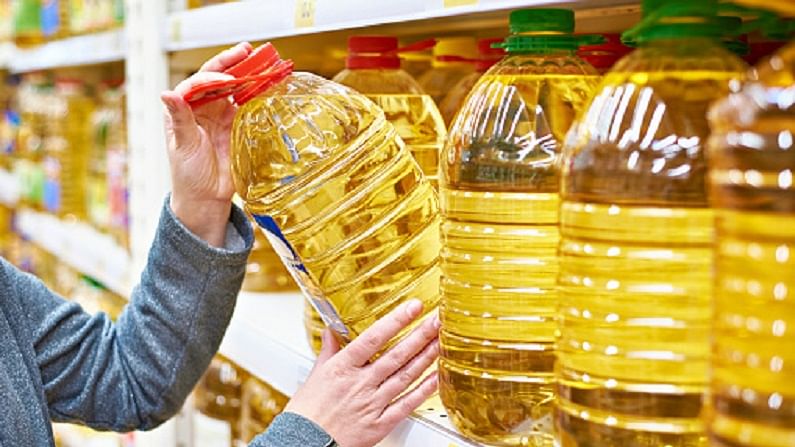
The government said on Monday that it has launched an inspection campaign to fight edible oil and oilseed hoarding and black marketing to stabilize retail prices and increase availability. Due to the global geopolitical scenario, the country, which relies on imports to meet over 60% of its domestic demand, has experienced a dramatic increase in retail prices of various types of cooking oils in the previous few months. Despite many government interventions, prices have remained stable.
"The government has taken several steps. We started an inspection exercise on April 1 to combat hoarding and black marketing of edible oils and oilseeds, which is a recent initiative "Sudhanshu Pandey, the food secretary, told PTI.
Inspections are being conducted in various oilseeds and edible oil-producing states, according to Pandey, by a central team and state government authorities. He stated that large states like Uttar Pradesh, Madhya Pradesh, and Maharashtra are now being covered and that the drive will increase in the coming days.
Other steps, according to the secretary, include lowering import duties on edible oils, extending stock holding limitations till the end of the year, ensuring early vessel clearance at ports, as well as streamlining imports through private merchants.
Eight central teams have been assigned to oversee strict compliance with the stock limit instructions.
"Surprise inspections are currently ongoing in selected districts of eight states to verify edible oil and oilseed stockpiles at the ground level, i.e. with merchants, wholesalers, huge chain shops, and processors," according to an official statement. Maharashtra, Uttar Pradesh, Madhya Pradesh, Rajasthan, Telangana, Gujarat, West Bengal, and Delhi are the states involved.
The statement went on to say that violators will face severe consequences under the Essential Commodities Act's requirements. Apart from that, Pandey stated that the Centre meets with states regularly to ensure that the maximum retail price set by wholesalers is followed by retailers.
The secretary noted that the two main suppliers of sunflower oil are Russia and Ukraine and those individual traders are trying to source from other countries, but only in modest quantities.
According to consumer affairs ministry data, average retail prices of soybean oil, sunflower oil, and palm oil have increased dramatically in the last three months.
As of April 4, the average retail price of sunflower oil was Rs 184.58 per kilogram, up from Rs 161.71 per kilogram on January 1 of this year.
In the same period, the average retail price of soybean oil grew to Rs 162.13 per kg from Rs 148.59 per kg, while the average retail price of palm oil increased to Rs 151.59 per kg from Rs 128.28 per kg.
On April 4, average groundnut oil prices remained unchanged at Rs 181.74 per kg, while mustard oil prices increased by Rs 2.78 per kg to Rs 188.54.
"The government has notified a central order on March 30, 2022, amending the removal of licensing requirements, stock limits, and movement restrictions on specified foodstuffs order, 2016, and its central order dated February 3, 2022, by extending the stock limits for all edible oils and oilseeds put together for a period up to December 31, 2022, for all states/Union Territories," according to the official statement.
With effect from April 1, 2022, six states, namely Uttar Pradesh, Karnataka, Himachal Pradesh, Telangana, Rajasthan, and Bihar, that had issued their control orders in response to the federal order dated October 8, 2022, have been placed under the jurisdiction of the newest order.
"At the moment, domestic edible oil production is unable to meet the country's domestic demand. To close the gap between demand and supply, the country must rely heavily on imports. Imports account for almost 56 percent of the edible oils consumed in the country. Recent geopolitical developments have pushed international prices for all edible oils to an all-time high," according to the statement.
As a result, they indicated that there was a need to inspect domestic market participants to guarantee that unscrupulous elements were not engaging in unfair practices such as hoarding and profiteering.
The government's stock limit order gives the Union government and all states/UTs the authority to regulate the storage and distribution of edible oils and oilseeds. "This step, in combination with surprise inspections, aims to assist the government in preventing the hoarding of edible oils and oilseeds in the country and ensuring that the prices of edible oils, which are a basic necessity, do not become out of reach of the common man," according to the statement.











